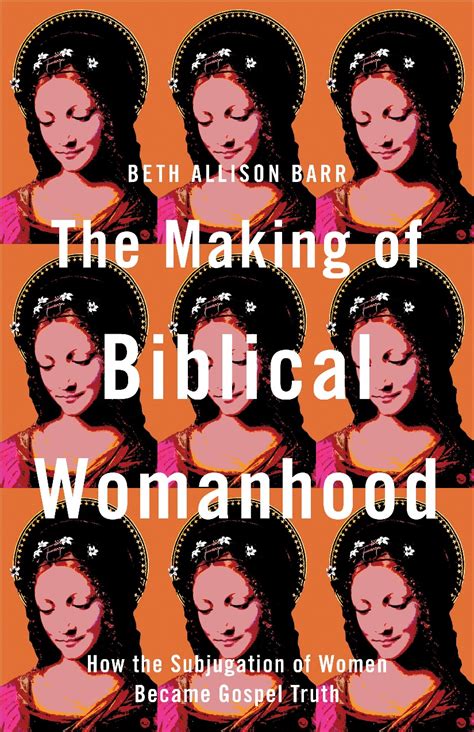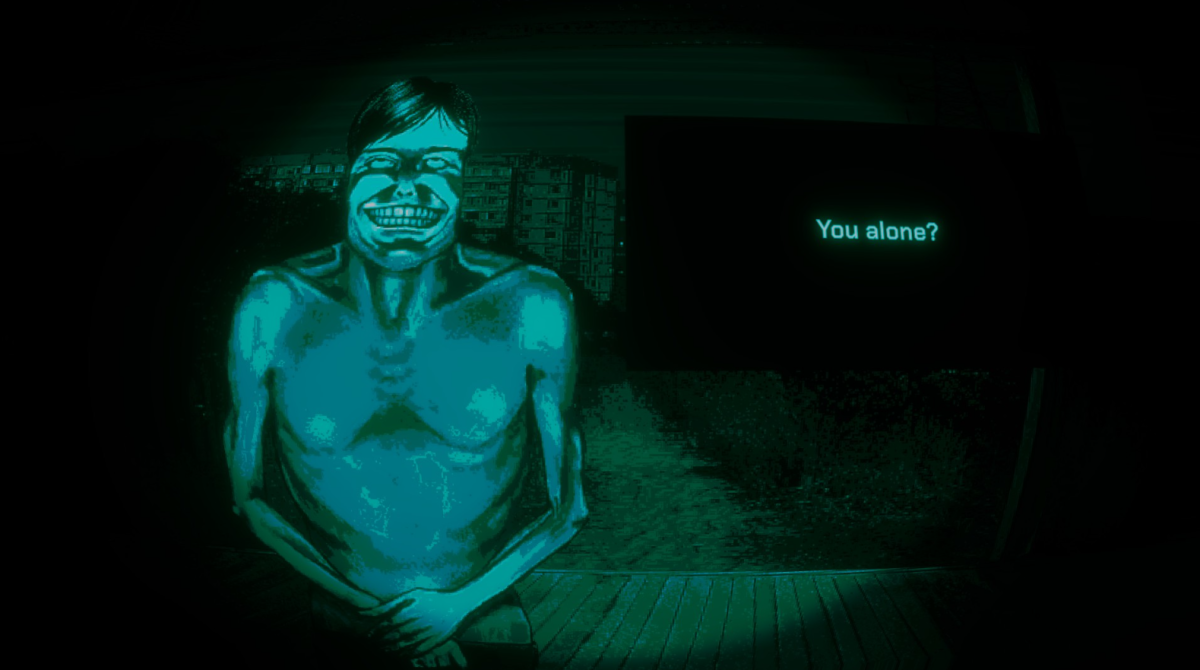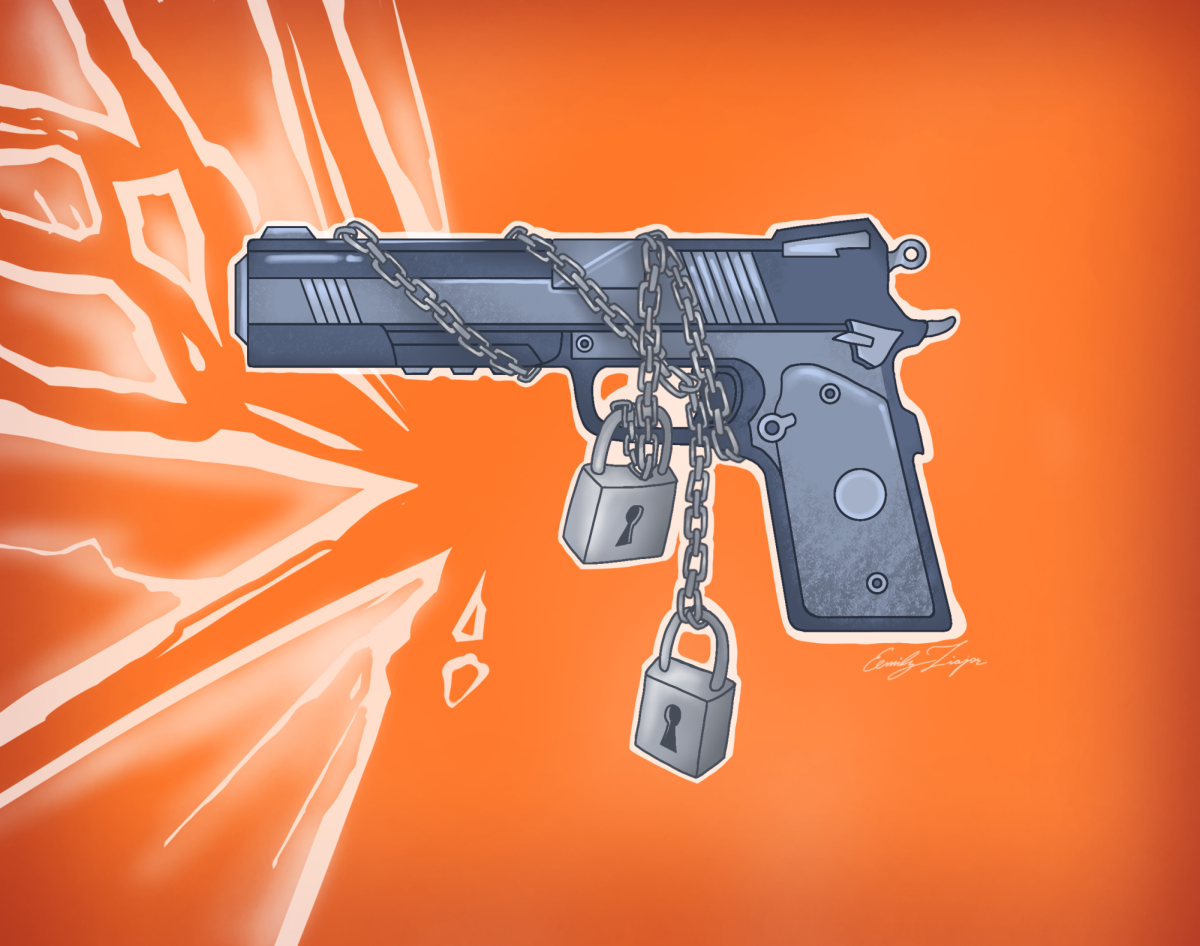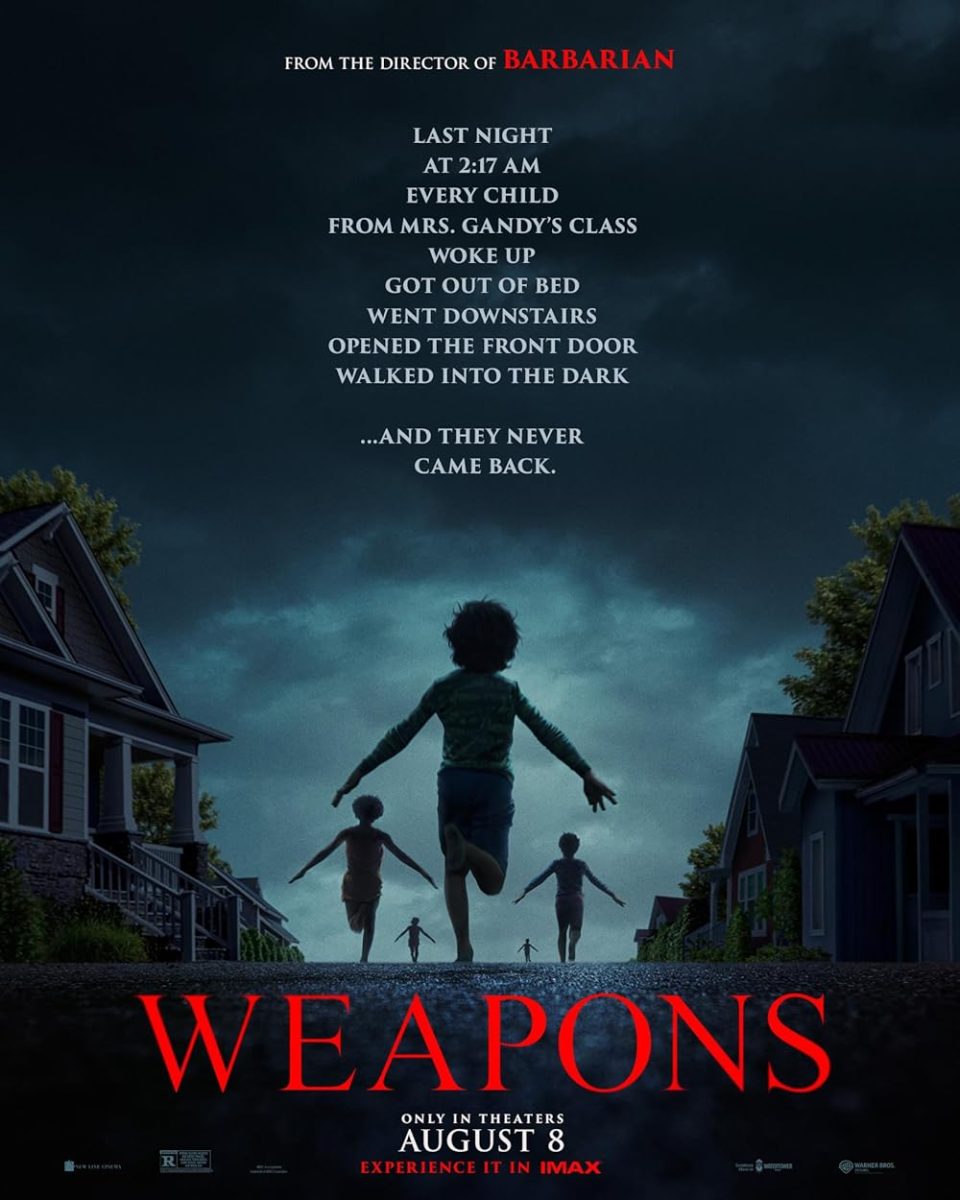I am made from man’s rib. Or at least, that is what American Evangelists would have me believe. Yet, there is no doubt that we are currently seeing the pervasiveness of religious gender roles. On social media, there seems to be a trend of the ‘tradwife’ (traditional wife) online, where women will glorify their stereotypical roles of homemakers and mothers, clad in aprons.
According to them, the great experiment of women in the workplace has failed. Now it is time to retreat back into the home and throw away the key. Many would argue this is God’s original design by citing the ‘household codes,’ Biblical verses that purportedly show women to be subservient to men in the domestic sphere. These verses are the backbone of this movement, becoming the cultural catalyst for upholding America’s religious nuclear family.
Yet, historian and scholar Beth Allison Barr argues we are interpreting it all wrong. Her book, “The Making of Biblical Womanhood,” is part memoir, part history, and part scholarship. Barr herself is an evangelical at odds with the church’s teachings. She takes us through her journey of deconstruction, aligning her “Hail Jesus” moments with a chronological outline of the political events that created modern biblical womanhood. At its core, Barr argues female subservience was never Christian but the result of adhering to cultural norms rather than Biblical teachings.
Barr inserts a historical lens into the theological discussion, arguing that complementarianism (the idea that God designed gendered roles and authority was given to the husband) is an inaccurate and harmful teaching. Rather, Barr argues the Bible’s teachings align with egalitarianism (in which man and woman are equal partners in marriage) and that the “patriarchy wasn’t what God wanted; patriarchy was a result of human sin.”
She puts her specialties in Medieval women’s studies and church history to work, examining historical Christian practices and how they have changed over time. Through about five chapters, she completes an interdisciplinary case study – literary analysis of the Bible, references to Medieval female spiritual leaders, the rise of ‘Biblical’ marriage and subsequent economic and institutional changes during the Reformation, and clear propaganda hidden in the translations of these texts. In the sixth chapter, Barr paints how this infusion of sexism led us to the modern age. In the seventh, Barr presents the most harrowing reality: complementarianism provides an open door for women to be abused and then ignored.
Her admissions of compliance and guilt in this system are palpable even in the introduction. It is the reason she wrote this book. These inaccuracies regarding biblical womanhood hurt women and limit their freedom. These are not just ‘beliefs’, but justifications for women to be mistreated.
In many ways, Barr is the best one to write this book. Her writing is easily digestible, making it a great read for those who believe and those who do not. She is a historian of Medieval and Church history. She was also raised and still remains in the Evangelical Church, where her husband is a pastor. But, their questioning of evangelical teachings got him fired and their family removed from the community they loved so much. Like the women she has studied, Barr spoke up and was then cast aside.
Religion is a messy and sensitive topic – even for those who do not practice it. In the United States, there is no escaping the effects of political religiosity. Yet, this is not some recent invention. Barr argues religion has always been steeped in culture and politics. She shows that the New Testament rewrites Roman Law to be more inclusive for women. In contrast, there was a need to remove the patrilineal inheritance of church positions that led to celibacy among priests, demonizing women as sexually immoral beings in the process.
Barr concludes we may have lost the Christian principles of forgiveness and neighborliness that originally defined the faith. Rather, it has become a tool for some to manipulate and advance their own agendas. As Barr stresses, the church must reconsider how it has shaped its teachings in accordance with outside cultural factors and aided in advancing anti-women propaganda.
“The Making of Biblical Womanhood” is a must-read. It is both funny and extremely thoughtful, knowledgeable yet personable. Barr’s humility and knowledge seep through every page. It is clear that Barr deeply cares about her work, her church, and her community. Whether you are Christian or not, Barr’s work is incredibly interesting and enlightening.
5/5









